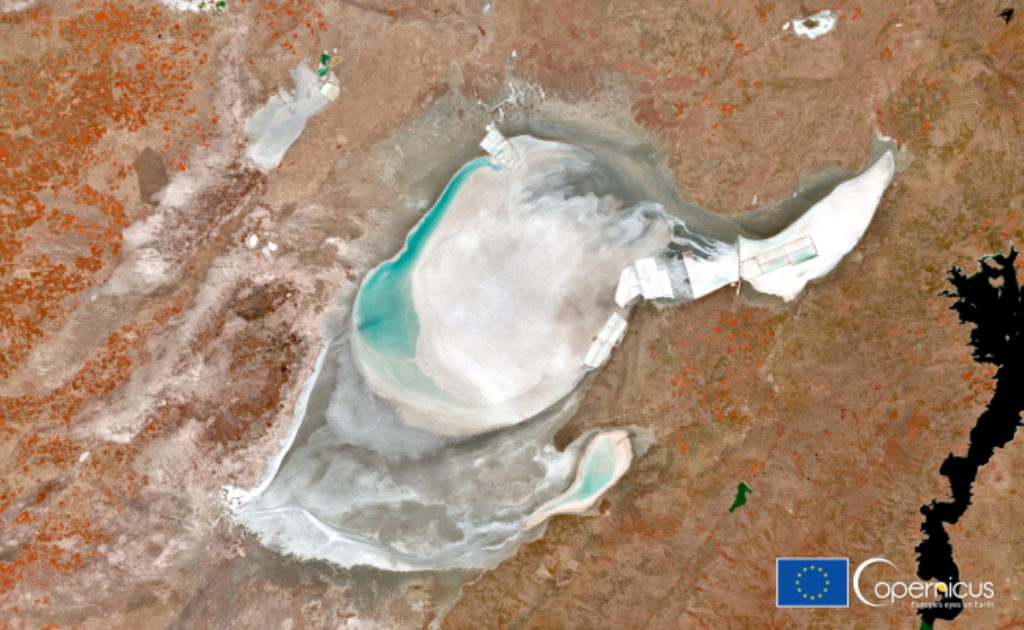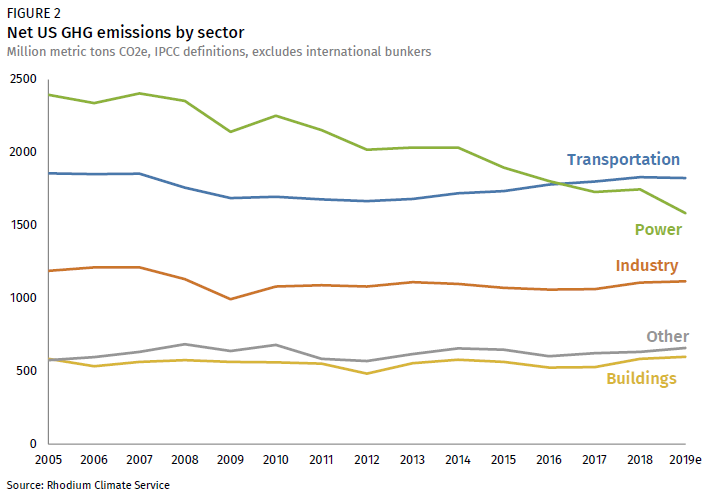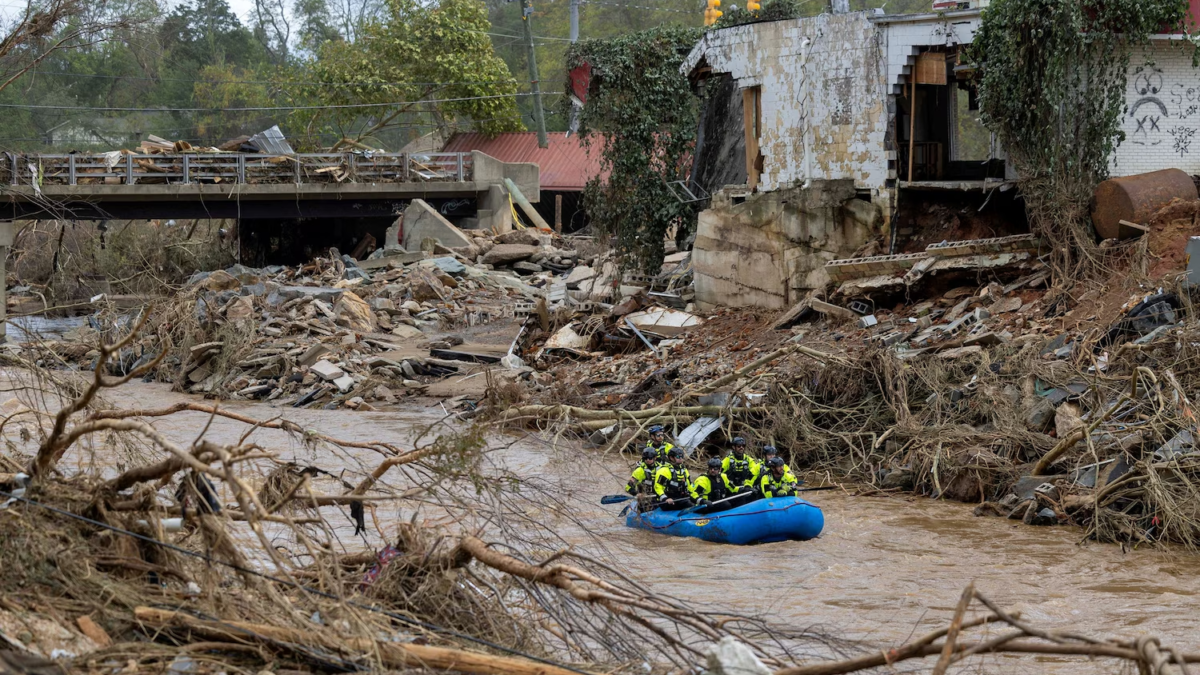Haunting satellite imagery shows Turkey’s second-largest lake has dried up

By Molly Taft
2 November 2021
(Gizmodo) – A new satellite image of Turkey’s Lake Tuz is gorgeous—and, if you know more about what it’s portraying, worrying. The stunning capture from the European Space Agency’s Sentinel-2 satellite shows Turkey’s second-largest lake has completely dried up this year, exposing a haunting expanse of salt.
While Lake Tuz, one of the world’s largest saltwater lakes, normally grows and recedes with the seasons—it’s how the salt in the lake is created—it’s been getting smaller and smaller each year. That’s thanks to less and less water entering the lake, a side effect of climate change as well as increased agriculture.
The image above, processed by the EU Copernicus Program, shows the state of Lake Tuz in its currently desiccated state. But before and after imagery really puts the dramatic transformation in context. The gif below uses the same Sentinel-2 satellite to show the lake in January 2021, when rain and snowmelt filled it to a beautiful light blue. Compare that to a stark image pulled from 30 October 2021, where the lake is almost entirely a snow-white expanse of salt.
Salt lakes like Lake Tuz are formed when a lakebed has no way for water that flows in to get out. The water, which carries salt and other minerals, flows into the lake via rivers and streams. It then eventually evaporates, leaving those substances behind. For Lake Tuz, water from rain and snowmelt flows into the lake in the spring, filling in the lake. It’s a fairly shallow lake, with water depths of around 3 feet (1 meter). But much of that water evaporates by summer, leaving a 3-inch (8-centimeter) layer of salt in its wake.
All that residue also creates a major industry on Lake Tuz: salt mining. With an estimated 250 million tons of salt reserves, the lake is one of the saltiest in the world. One industry website puts the percentage of salt in the lake at more than 32%. The lake provides 60% of the salt used in Turkey, with the rest exported to more than 60 countries. […]
Muazzez Çelik Karakaya, who is on the faculty of geoengineering and natural sciences at Konya Technical University, told Turkish news outlet Hurriyet Daily News that the lake is in danger of extinction within 30 years if action is not taken.
“As water decreases due to global warming, salt precipitation will also decrease,” she said “This will have negative cultural consequences. Because more than a hundred bird species live in the region. If salt precipitation does not occur as the water decreases, a clayey sediment area will form on the surface of the lake. This means carrying a lot of dust, which can lead to many respiratory diseases.” [more]
Haunting Satellite Imagery Shows Turkey’s Second-Largest Lake Has Dried Up



O santo padre deveria cumprir seu dever cristão e conceder a extrema unção a nossa mãe Terra e seus seres sencientes, inclusive humanos